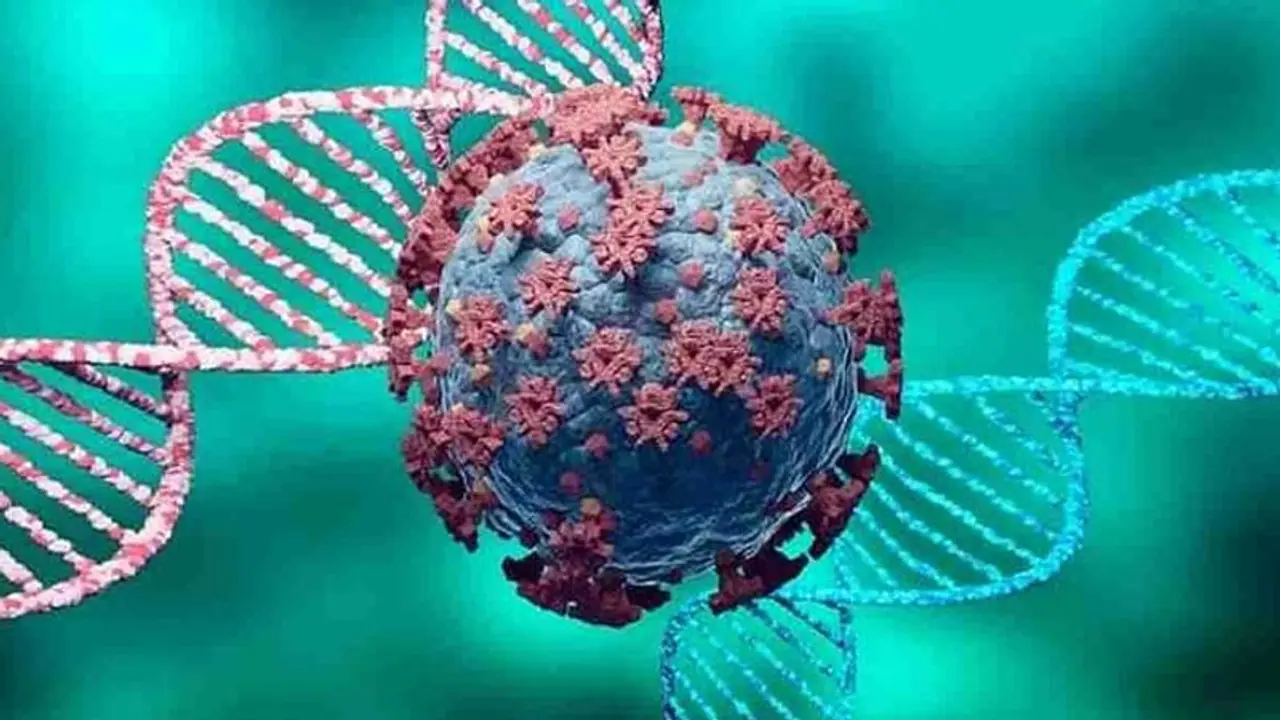INSACOG experts are conducting genomic analysis of a coronavirus case reported as that of the highly transmissible XE variant by Mumbai civic officials, though scientific evidence so far does not indicate it to be so, official sources said.
After it was reported that the first case of the new coronavirus variant XE in India was reported on Wednesday from Mumbai, Ministry of Health and Family Welfare (MoHFW) denied reports of detection of first highly transmissible Covid-19 variant XE in Mumbai, official sources said.

“FastQ files in respect of the sample, which is being said to be XE variant were analysed in detail by genomic experts of insacog who have inferred that genomic constitution of this variant does not correlate with genomic picture of XE variant. Present evidence does not suggest that it is XE variant,” the sources said in a statement.
Besides, a case of the Kappa variant of coronavirus was also detected during a sero survey, a BMC official said, adding the results came in genome sequencing of 376 samples, the 11th batch of testing in the local genome sequencing lab.
The individual who had tested positive for is a fully vaccinated 50-year-old women with no comorbidity and asymptomatic. She had come from South Africa on February 10 and had no prior travel history. On arrival, she had tested negative for the virus.
In today’s INSACOG meeting, we have been asked to send the sequencing data to NIBMG for further analysis to confirm XE variant, a BMC official said.
INSACOG experts are conducting genomic analysis of a coronavirus case reported as that of the highly transmissible XE variant by Mumbai civic officials, though scientific evidence so far does not indicate it to be so, official sources said.
According to Mumbai civic officials, a case of the Kappa variant was also detected during a sero survey and added the results came in genome sequencing of 376 samples, the 11th batch of testing in the local genome sequencing lab.
According to the survey, the Omicron variant was found in 228 out of 230 samples (99.13 per cent cases) from Mumbai, the official said.
The genome sequencing of 376 samples was conducted at the municipal Kasturba Hospital's Genome Sequencing Lab. The condition of the patients infected with the new strains of the virus was not serious, the official said.
